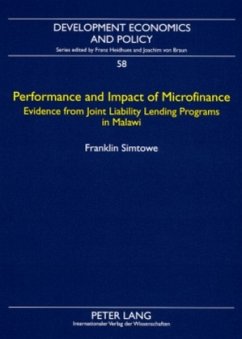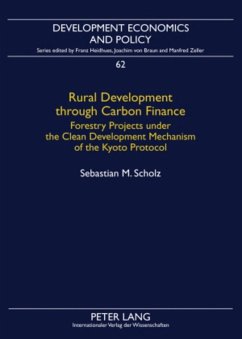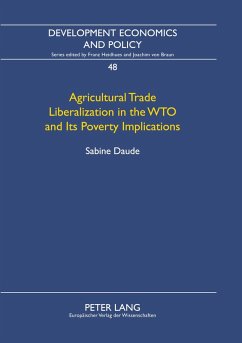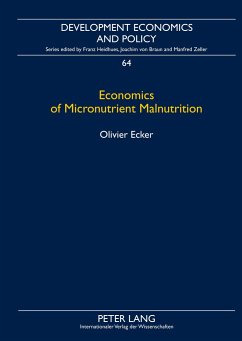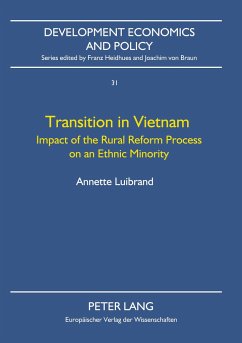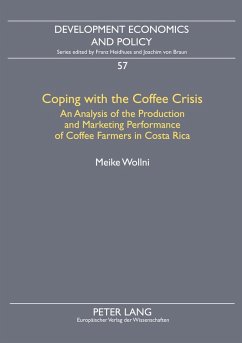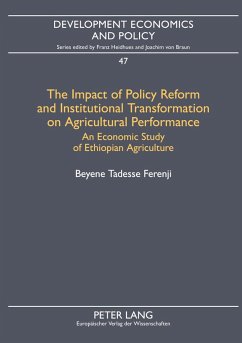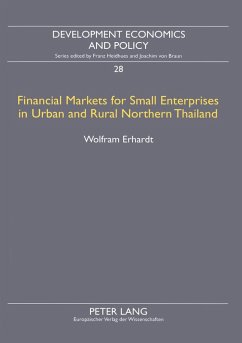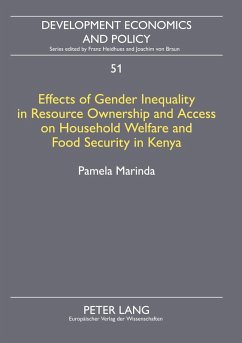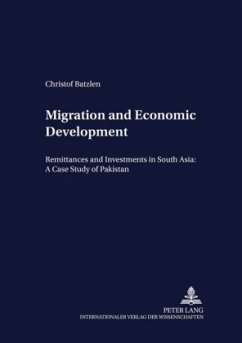
Credit Rationing and Institutional Constraint
Evidence from Rural China
Herausgegeben: Heidhues, Franz
Versandkostenfrei!
Versandfertig in 6-10 Tagen
61,95 €
inkl. MwSt.

PAYBACK Punkte
0 °P sammeln!
The availability of credit has long occupied a central place in development strategies. Rural credit institutions are more than an instrument of intermediation, they also handle risk, mobilize and disseminate information about market and technology. Given the informational problems and innate disadvantages of rural credit markets, the rationale for laissez-faire and liberalization is by no means based on a sound understanding of the state's role in redressing market failures. This study examines the rural credit market in China, its impacts on agricultural transformation and the state's role i...
The availability of credit has long occupied a central place in development strategies. Rural credit institutions are more than an instrument of intermediation, they also handle risk, mobilize and disseminate information about market and technology. Given the informational problems and innate disadvantages of rural credit markets, the rationale for laissez-faire and liberalization is by no means based on a sound understanding of the state's role in redressing market failures. This study examines the rural credit market in China, its impacts on agricultural transformation and the state's role in the functioning of markets. The particular objectives are to identify the determinants of credit rationing in both formal and informal sectors, to show the extent of credit rationing, to reveal the dynamic role of institutional lending in agricultural transformation, and to understand the challenges in developing efficient institutions.



